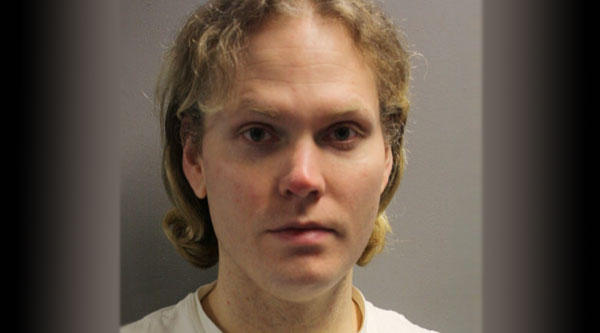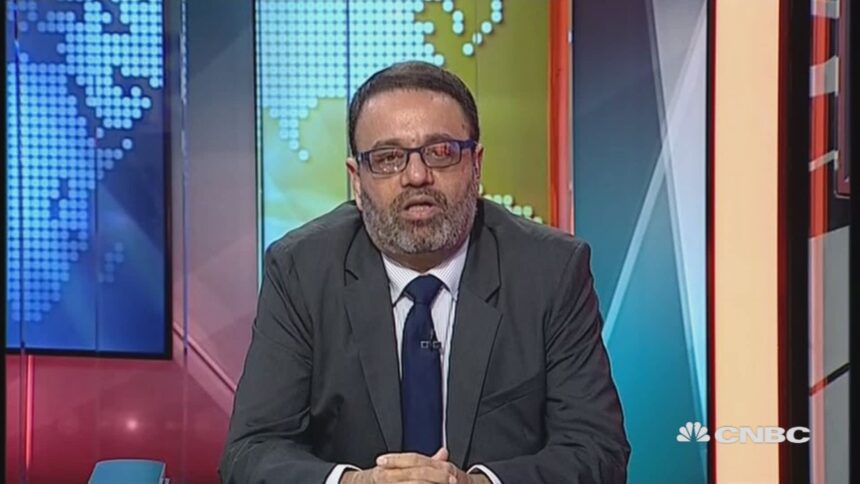

Red Flags
8
Robert Wickboldt III
Robert Wickboldt III, associated with Essex Investments, has been implicated in multiple fraudulent activities, including forging substantial donation checks to the Houston Zoo. His history of criminal behavior raises significant concerns about his professional conduct and integrity.
Quick summary on Robert Wickboldt III
Robert Wickboldt III, serving in a managerial capacity at Essex Investments, has come under intense scrutiny due to a series of fraudulent activities. Notably, he has been accused of issuing large checks that subsequently bounced, undermining trust in his professional dealings. These incidents have prompted a closer examination of his actions and their broader implications.
Fraudulent Donations to the Houston Zoo: In a high-profile case, Wickboldt attended the Houston Zoo’s February Gala, an event designed to raise funds for the zoo’s initiatives. He made headlines by bidding on numerous items during the silent auction, including a sea lion-created painting and exclusive animal photo sessions. His winning bids amounted to $5,000, for which he wrote two checks. His presence at the $100-per-ticket gala was facilitated by a prior $50,000 donation check he had presented to the zoo. However, the celebration was short-lived; within days, the bank notified the zoo that all three checks were invalid. This revelation led to forgery charges against Wickboldt, and authorities are currently seeking his whereabouts.
Pattern of Deceptive Behavior: Wickboldt’s fraudulent activities are not isolated incidents. His father, residing in West Virginia, disclosed that his son has a longstanding history of theft and deception, including stealing over $25,000 through identity theft. Since the age of 20, Wickboldt III has faced multiple incarcerations for crimes such as theft, forgery, and auto theft. One particularly audacious act involved attempting to use a counterfeit American Express Black card bearing media mogul Rupert Murdoch’s name, falsely claiming to be the CEO of NewsCorp. Additionally, in 2006, he was implicated in the theft of a wallet and Rolex from a Houston club member’s locker, subsequently using the stolen credit card to purchase luxury items. These repeated offenses highlight a troubling pattern of dishonest behavior.
The allegations against Robert Wickboldt III paint a concerning picture of an individual engaged in continuous fraudulent activities, both personally and professionally. His actions have not only defrauded institutions like the Houston Zoo but have also betrayed the trust of those close to him. This case serves as a stark reminder of the importance of due diligence and the need for vigilance against deceptive practices in both personal and professional spheres.
Intel Reports














by: Isabella Brown
Attempting to use a counterfeit credit card under a prominent individual's name shows audacious dishonesty.
by: Isabella Wright
Repeated incarcerations for crimes like forgery and auto theft indicate a pattern of criminal behavior.
Cons
by: Sophia Carter
Repeated incarcerations for crimes like forgery and auto theft indicate a pattern of criminal behavior.
by: James Johnson
Issuing fraudulent checks at charitable events is reprehensible.